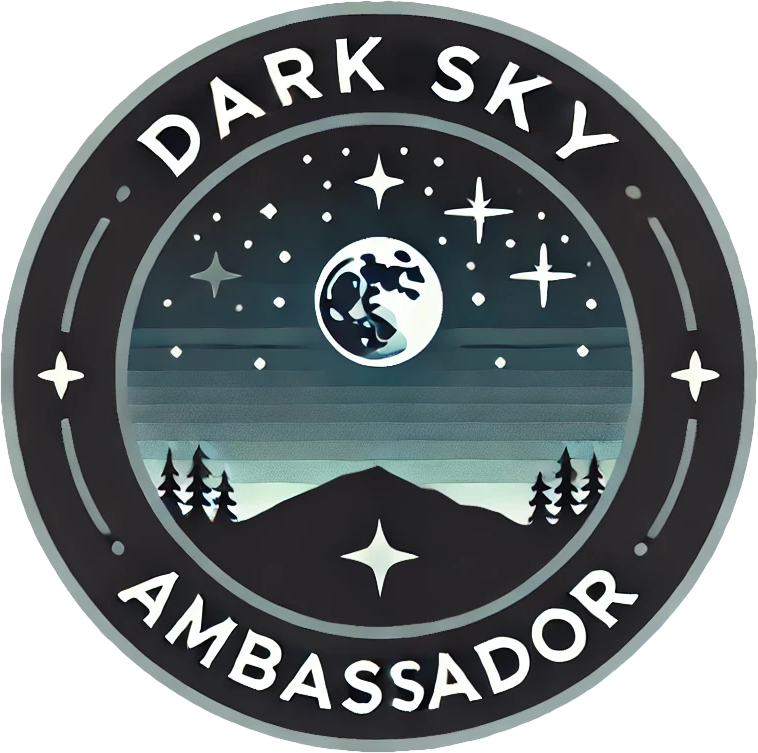Phonetic Alphabet & Morse Code: A Handy Cheat Sheet
When communication gets noisy, weak, or unreliable, clear messaging can make all the difference. That’s why two classics — the NATO phonetic alphabet and Morse code — have remained reliable tools for aviation, maritime, amateur radio, and emergency services.
This post gives you a quick-reference guide to both systems.
Why the Phonetic Alphabet?
Some letters sound far too similar when spoken, especially over radios or poor phone lines. For example, “M” and “N” are easily confused. By using Mike and November, there’s no doubt which letter is meant.
The NATO phonetic alphabet ensures clarity, and it’s used worldwide by pilots, emergency services, military, and even customer service reps spelling out codes or names.
Why Morse Code?
Morse code uses just two signals — a dot (·) and a dash (–) — to represent letters and numbers. Invented in the 1830s, it made long-distance communication possible by telegraph, and later over radio.
Even now, Morse remains a favorite in amateur radio, survival scenarios, and as a fascinating piece of communication history. The SOS signal (· · · – – – · · ·) is still universally recognized.
The Cheat Sheet
Here’s your quick lookup table for both systems.
NATO Phonetic Alphabet & Morse Code
| Letter | Phonetic Word | Morse Code |
|---|---|---|
| A | Alfa | · – |
| B | Bravo | – · · · |
| C | Charlie | – · – · |
| D | Delta | – · · |
| E | Echo | · |
| F | Foxtrot | · · – · |
| G | Golf | – – · |
| H | Hotel | · · · · |
| I | India | · · |
| J | Juliett | · – – – |
| K | Kilo | – · – |
| L | Lima | · – · · |
| M | Mike | – – |
| N | November | – · |
| O | Oscar | – – – |
| P | Papa | · – – · |
| Q | Quebec | – – · – |
| R | Romeo | · – · |
| S | Sierra | · · · |
| T | Tango | – |
| U | Uniform | · · – |
| V | Victor | · · · – |
| W | Whiskey | · – – |
| X | X-ray | – · · – |
| Y | Yankee | – · – – |
| Z | Zulu | – – · · |
Numbers in Morse Code
| Number | Morse Code |
|---|---|
| 1 | · – – – – |
| 2 | · · – – – |
| 3 | · · · – – |
| 4 | · · · · – |
| 5 | · · · · · |
| 6 | – · · · · |
| 7 | – – · · · |
| 8 | – – – · · |
| 9 | – – – – · |
| 0 | – – – – – |
Final Thoughts
Whether you’re brushing up for radio comms, learning something new, or just love timeless communication tools, the phonetic alphabet and Morse code are simple but powerful systems.
Bookmark this post, print a copy, or save it to your kit—you never know when it might come in handy.


